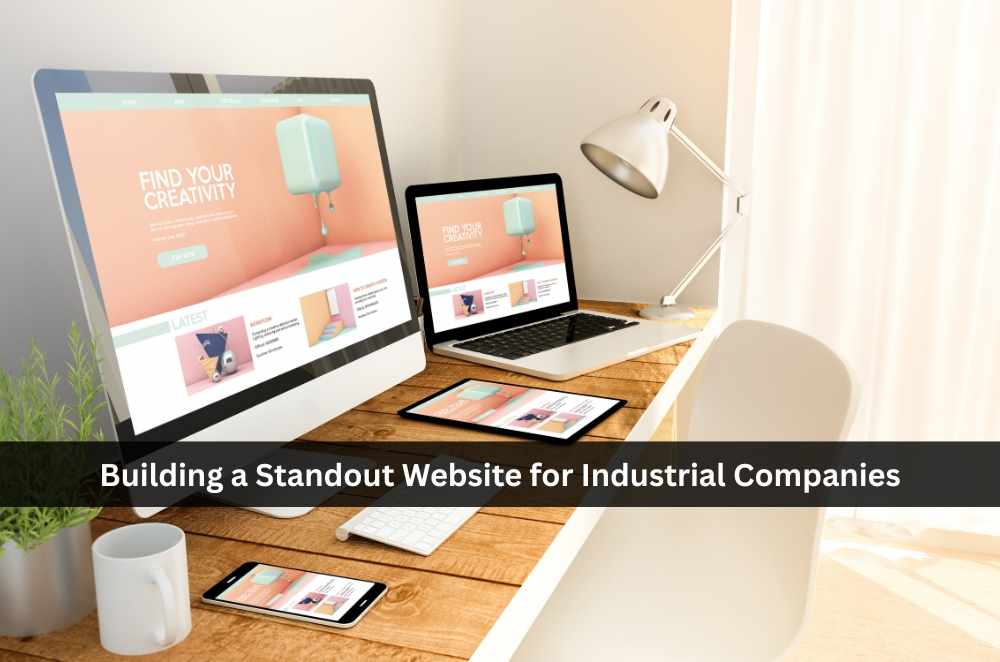
For industrial businesses, a website isn’t just window dressing. It’s a working asset—one that should clearly reflect what the business does and why it matters. A quality website for industrial companies helps potential customers understand your capabilities, navigate complex information, and take action. It’s not about flashy design. It’s about trust and function.
Yet, crafting an effective website in this space requires understanding both the technical and the practical. Industrial audiences expect straightforward, detailed content with seamless functionality. Here’s how to ensure your digital presence works as hard as your business does.
Understand your audience and goals
Before diving into design or content, get clear on who your site serves and what outcomes you expect. Industrial buyers, engineers, and procurement managers visit with purpose, looking for specifics. Your site should anticipate and meet these expectations.
Identify key decision-makers and their priorities
Highlight capabilities, certifications, and case studies
Make technical data easy to access
Streamline paths to request quotes or information
Prioritise functionality and usability
Design decisions should focus on usability first. Industrial websites aren’t fashion showcases—they are tools for communication and conversion. Keeping navigation clear and ensuring quick access to vital information builds trust and supports faster decision-making.
Use intuitive menus and calls to action
Ensure mobile responsiveness for field access
Optimise page speed and technical performance
Incorporate clear enquiry and contact pathways
By following these principles, you can also align your site with web design best practices that support user experience and search visibility.
Build credibility through content and design
Visual elements and messaging should reflect your business’ reliability and expertise. Industrial customers are evaluating you with each click, so content accuracy and clarity are paramount.
Feature authentic project photos where possible
Maintain consistent, professional branding
Provide detailed service descriptions
Include testimonials or client logos where appropriate
Use clear, benefit-driven headlines and copy
Highlight industry certifications, warranties, or guarantees
Ensure up-to-date contact and compliance information
Optimise for mobile to show professionalism across devices
Also, consider how your website integrates with broader digital strategies. For businesses partnering with other providers or expanding services, white-label web design services can be a flexible option to maintain quality and consistency.
Conclusion
Industrial companies can no longer rely solely on traditional sales channels. A well-structured, informative website helps establish authority, serve existing clients, and attract new ones. Focus on delivering a clear, functional experience that supports trust and engagement, and your site will deliver lasting value in a competitive space.





Write a comment ...